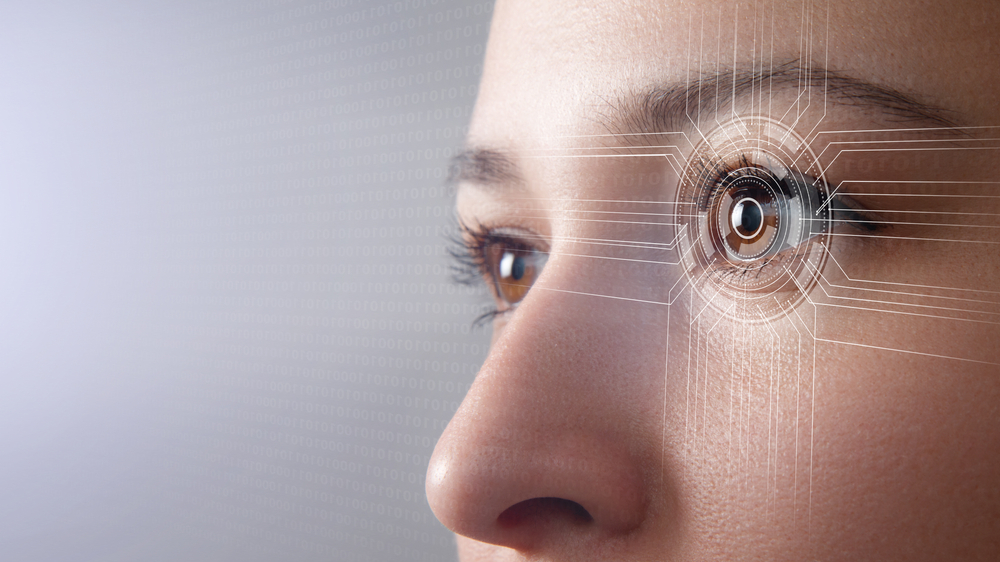
Many eye conditions affect people's ability to see clearly. The most common of these conditions are refractive errors like hyperopia and myopia. However, other eye conditions may affect your ability to see. A few years ago, you may have heard that you could not wear contacts because of a specific disease. Since then, there have been significant advances in optometry, and now there are specialty contact lenses.
Optometrists usually prescribe specialty contact lenses for people whose conditions may not be corrected by regular eyewear. Some specialty contact lenses may also help slow the progression of refractive errors.
Here are some conditions that may require you to have specialty contact lenses. We will also review a few specialty lenses that you may come across.
What Conditions Can Benefit From Specialty Contact Lenses?
Diseases of the Cornea
Some diseases of the cornea may cause vision problems and complete vision loss. One of these diseases is pellucid marginal degeneration. This disease causes the gradual deterioration of the cornea and eventually painless vision loss. Another cornea disease is keratoconus, which causes the thinning of the cornea and bulging of the eye.
Eye Surgery
Some procedures performed on the eye change its shape, making it difficult for the contact lens to stay in one place. Some of these surgeries are LASIK and radial keratotomy.
Trauma of the Cornea or Infection
Some illnesses or conditions of the cornea may cause significant damage to the eye's surface. Sometimes, they may cause scars or completely change the shape of the eye. Any of these would make it difficult to wear regular contacts.
Dry Eyes
Dry eye is a common condition among Americans. If you have dry eyes, wearing soft contacts can be very uncomfortable because your eyes are not well lubricated. Specialty contact lenses can actually bathe the cornea in fluid providing comforting, all-day relief.
Sensitive or Damaged Eyes
You may incur damage from trauma during birth, an accident, or disease. You may also have overly sensitive eyes due to conditions like albinism or aniridia.
What Are the Types of Specialty Contact Lenses?
Scleral Lenses
These contact lenses are a type of rigid gas permeable lenses but with a wider diameter. They arch over the cornea and rest on the eye's sclera or the white part. The space between the lens and the cornea is filled with a solution, keeping the lens and the eye lubricated.
Rigid Gas Permeable Lenses
These are RGP lenses that help form a smooth eye surface for the refraction of light. They are made from materials that allow large amounts of oxygen to permeate the eye. They are very healthy for the cornea and can treat several conditions.
Orthokeratology Lenses
Patients wear ortho-k lenses at night instead of during the day. They work by gently reshaping the cornea so you can have good vision during the day. They work for the most common refractive errors like hyperopia, myopia, and astigmatism. Eye doctors may also use them to slow down myopia progression in kids.
For more on specialty contact lenses, call Paradise Canyon Eye Care at (435) 334-2331 to reach our office in St. George, Utah.







